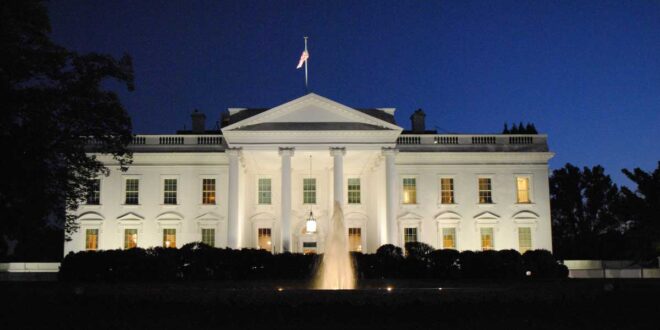As the U.S. gears up for the November 2024 election, it’s not only a contest between two candidates but also between two visions of America’s future. While Vice President Kamala Harris brings the promise of progress, diversity, and inclusivity as the first woman of color to run for the presidency, former President Donald Trump returns with a message rooted in nationalism, economic populism, and a fierce critique of the current administration. Each candidate embodies distinct values and challenges, making this election one of the most polarized in recent U.S. history.
Trump’s Populist Base and the Power of Devotion
Trump’s biggest advantage in this race lies in his deeply committed and loyal base. Despite controversies and ongoing legal issues, Trump’s followers remain passionately devoted to him, drawn to his anti-establishment rhetoric that speaks to frustrations with political elites. His messaging, especially in key battleground states, could turn out millions of voters who feel that his approach prioritizes their interests. With inflation and economic discontent among voters, particularly in swing states, Trump’s promises to “Make America Great Again” could resonate with an electorate that still sees him as the champion of the working class.
Harris’s Historic Run and Identity Challenges
Kamala Harris’s run is historic, marking the first time a woman of Indian and Jamaican descent is a presidential candidate. But this may also present unique challenges. Despite strides toward gender equality, some voters—especially those in conservative areas—may have lingering biases that make them hesitant to support a woman for president. Furthermore, Trump’s nationalist approach may appeal to those who view Harris’s diverse background as “untraditional.” In this way, her candidacy challenges both gender and ethnic stereotypes, something American voters have historically grappled with. The critical question is whether her unique background will inspire greater voter turnout from minority groups and younger voters or be a barrier with more conservative constituents.
Economic Frustrations as Trump’s Leverage
Economic anxiety remains a potent issue. With inflation impacting housing, energy, and daily expenses, many Americans are feeling the pinch. Trump is likely to leverage these frustrations, emphasizing his promises of economic stability, job creation, and lower costs through tax cuts and trade protectionism. His previous messaging on economic populism, which helped him secure wins in 2016, is expected to be front and center in 2024. While Harris and the Democratic Party advocate for policies addressing long-term growth and social programs, Trump’s straightforward economic promises could appeal to voters concerned about immediate financial relief.
Foreign Policy and the “America First” Strategy
Trump’s foreign policy, characterized by his “America First” approach, could also provide him with an edge. His stances against international obligations, skepticism of global alliances, and firm stance on China resonate with voters wary of extensive global engagement. Harris, on the other hand, is expected to focus on mending alliances and strengthening ties with international institutions—a stance that may not appeal to those who feel the U.S. should prioritize domestic concerns. Trump’s ability to position himself as a defender of American interests could sway voters who view globalism and alliances as detrimental to U.S. sovereignty.
Cultural Values and Media Savvy as Electoral Tools
Trump has a unique capacity to tap into America’s cultural divide, positioning himself as a guardian of “traditional” values. This cultural playbook, effective in 2016, could once again attract voters who feel alienated by progressive social agendas. Harris’s identity may make her a focal point in the culture wars, as Trump could rally support around protecting what he portrays as American values. Trump’s media tactics, including his command over social media and ability to directly communicate with his base, offer him a potent advantage in this landscape. His rhetorical style is known to dominate media narratives and attract headlines, which could amplify his message across the electorate.
The Electoral College Advantage
Trump’s path to victory lies within the Electoral College. He lost the popular vote in 2016 but still won by capturing crucial swing states—a strategy his 2024 campaign is likely to replicate. Focusing on rural and working-class voters, particularly in states like Pennsylvania, Michigan, and Wisconsin, Trump could potentially secure the presidency again by maximizing turnout in these pivotal areas. This focus on the Electoral College may give him a disproportionate advantage, even if he fails to win the popular vote.
An Uncertain Road Ahead
As November 5 approaches, the race between Harris and Trump remains highly competitive, with each candidate navigating distinct challenges and strengths. Trump’s unwavering base, nationalist rhetoric, and media-savvy approach provide him a clear, albeit controversial, path. Meanwhile, Harris’s historic candidacy and commitment to progressive values could inspire a new generation of voters. This election will test the American electorate’s stance on economic populism, identity, and nationalism, and its result could very well define the nation’s path for years to come.
 Geostrategic Media Political Commentary, Analysis, Security, Defense
Geostrategic Media Political Commentary, Analysis, Security, Defense





